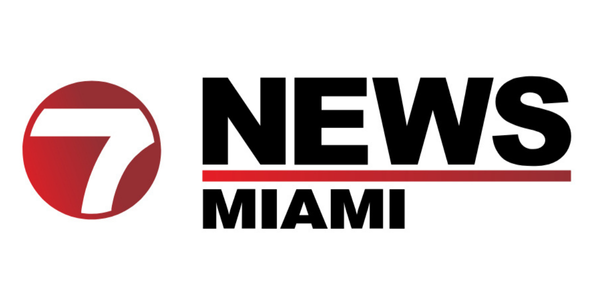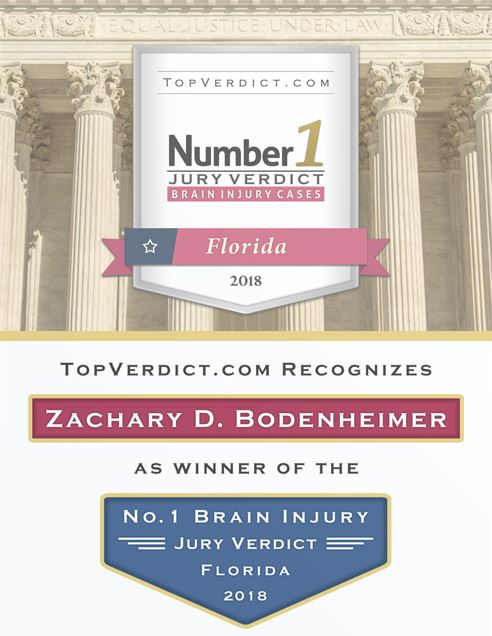- Free Consultation: 305-638-4143 Tap Here to Call Us
Florida Highway Patrol Investigating Single-Vehicle Crash That Killed Pensacola Man
The Florida Highway Patrol (FHP) is investigating a fatal single-vehicle crash that claimed the life of a 20-year-old Pensacola man early Saturday morning in Escambia County, according to state troopers.
Authorities say the crash happened around 2:47 a.m. on Interstate 10 (I-10) near mile marker 14, when the SUV the man was driving left the roadway and struck a wall.
Emergency responders with Escambia County EMS pronounced the driver dead at the scene. His name has not yet been released pending family notification. No other vehicles were involved.
FHP continues to investigate the cause of the crash, including whether speed, fatigue, or impairment played a role.
Single-vehicle accidents like this one are alarmingly common on Florida’s highways, particularly during overnight and early-morning hours when visibility is poor and driver fatigue is more likely.
According to the Florida Department of Highway Safety and Motor Vehicles (FLHSMV), more than 40% of fatal crashes statewide involve only one vehicle. These accidents often occur when a driver:
- Loses control due to speeding or distracted driving
- Overcorrects after drifting out of the lane
- Falls asleep behind the wheel
- Encounters debris or poor road conditions
- Drives under the influence of alcohol or drugs
On high-speed interstates like I-10, even minor errors can have deadly consequences. A single impact with a guardrail, wall, or median barrier can cause catastrophic damage, especially when the vehicle veers off the road at highway speeds.
Common Factors in Single-Vehicle Fatal Crashes
While each crash is unique, investigators typically examine a range of potential contributing factors, including:
- Speeding: Higher speeds reduce reaction time and increase the force of impact.
- Driver Fatigue: Late-night driving significantly increases the risk of falling asleep or losing focus.
- Distraction: Using a cell phone, adjusting music, or other in-car distractions can lead to lane departures.
- Mechanical Failures: Tire blowouts, brake issues, or steering malfunctions can cause loss of control.
- Roadway Conditions: Poor lighting, wet pavement, or construction zones can contribute to accidents.
Even without another vehicle involved, victims and their families may have legal claims if a defective vehicle, unsafe road design, or negligent maintenance contributed to the crash.
Legal Options for Families After a Fatal Accident
When a loved one dies in a single-vehicle crash, families are often left with unanswered questions — and unexpected financial burdens. Under the Florida Wrongful Death Act (§§768.16–768.26), surviving family members may have the right to pursue a wrongful death claim if negligence played a role.
Potential defendants in such cases could include:
- Vehicle manufacturers or mechanics (if a mechanical defect or maintenance issue contributed)
- Government agencies responsible for unsafe road conditions or inadequate barriers
- Third parties (such as employers or contractors) if the driver was operating a company vehicle
Wrongful death claims can provide compensation for:
- Funeral and burial costs
- Medical expenses incurred before death
- Loss of companionship, support, and guidance
- Emotional pain and suffering
- Lost future income and benefits
An experienced Florida wrongful death attorney can investigate the crash, preserve key evidence, and work with reconstruction experts to determine fault — even when no other drivers are involved
Contact a Florida Wrongful Death and Auto Accident Attorney
If you lost a loved one in a fatal single-vehicle crash in Escambia County or anywhere in Florida, the attorneys at Flanagan & Bodenheimer Injury and Wrongful Death Law Firm are here to help.
You pay no legal fees unless we win, and we handle every step of the investigation and claim process so your family can focus on healing.
At Flanagan & Bodenheimer, we pursue truth, accountability, and justice for those who can no longer speak for themselves.
📞 Call 305-638-4143 or contact us online for a free consultation in English or Spanish.












